UN urges Ghana not to pass Anti-LGBT Bill
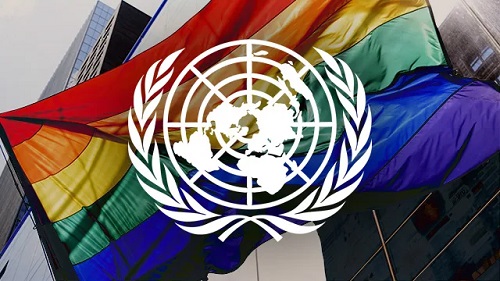
In a striking declaration, the UN High Commissioner for Human Rights, Volker Türk, has voiced significant concern over pass Anti-LGBT Bill in Ghana. On February 28, 2024, the Ghanaian Parliament passed the controversial “Human Sexual Rights and Family Values Bill, 2024”, a move that has attracted international criticism for its potential implications on the rights and freedoms of the LGBTQ+ community in Ghana.
Volker Türk’s remarks underscore a profound disquiet about the bill’s broadened scope of criminal sanctions targeting lesbian, gay, bisexual, transgender, transsexual, and queer individuals simply for their identity. The High Commissioner’s call for the bill not to be enacted into law is a strong plea to the Ghanaian Government to uphold principles of freedom from violence, stigma, and discrimination for all individuals, irrespective of their sexual orientation or gender identity. He emphasized that consensual same-sex conduct should never be subject to criminalization.
The bill, as highlighted by Türk, not only infringes on the rights of LGBTQ+ individuals and their perceived allies but also threatens the lawful activities of a wide array of stakeholders including human rights defenders, educators, healthcare professionals, and landlords. This legislation, according to the High Commissioner, poses undue restrictions on freedoms of association and expression, impacting the entire Ghanaian society.
Türk’s critique extends to the compatibility of the bill with Ghana’s Constitution and its international human rights commitments, including those under the 2030 Agenda for Sustainable Development. The agenda’s principle of leaving no one behind seems to be at risk with the implementation of such a bill. He points out that criminal sanctions for consensual same-sex conduct are not only a violation of international human rights norms but also fuel prejudice, hate crimes, police abuse, and various forms of discrimination and denial of essential services.
ALSO READ: US ‘deeply troubled’ by Ghana ‘s anti-gay bill, warns of economic implications (ghanaeducation.org)
The High Commissioner’s warning about the corrosive nature of the bill on society is a clarion call for reevaluation. The evidence, as Türk notes, is clear in demonstrating how such legal frameworks legitimize harm against marginalized groups and hinder their access to basic human rights including healthcare, education, and housing.
In his concluding remarks, Türk reiterated the commitment of his office to work collaboratively with the Government of Ghana and its national partners. This partnership aims to ensure that Ghana remains true to its human rights obligations, fostering an environment where all individuals can live with dignity, equality, and freedom. The international community, along with local advocates, awaits the response of the Ghanaian government and President Nana Addo Dankwa Akufo-Addo to this urgent call for reconsideration, hoping for a shift towards inclusivity and respect for human rights for all.
From news to politics, travel to sport, culture to Entertainment news – GhanaEducation.org has a host of articles to suit your interests. To find the stories you want to read, and more, click here
Send Stories | Social Media | Disclaimer
Send Stories and Articles for publication to [email protected]
We Are Active On Social Media
WhatsApp Channel: JOIN HERE
2024 BECE and WASSCE Channel - JOIN HERE
Facebook: JOIN HERE
Telegram: JOIN HERE
Twitter: FOLLOW US HERE
Instagram: FOLLOW US HERE
Disclaimer:
The information contained in this post on Ghana Education News is for general information purposes only. While we endeavour to keep the information up to date and correct, we make no representations or warranties of any kind, express or implied, about the completeness, accuracy, reliability, suitability or availability with respect to the website or the information, products, services, or related graphics contained on the post for any purpose.



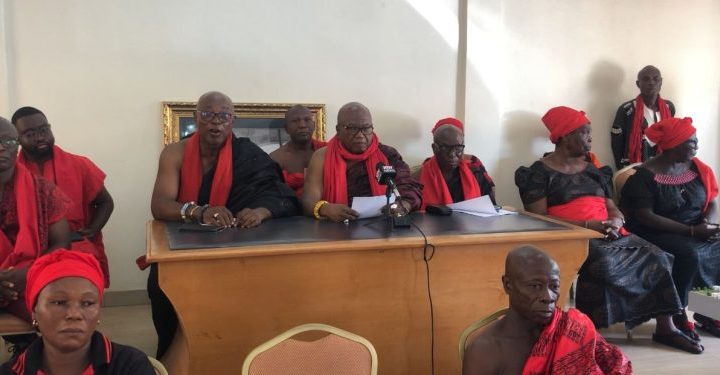 Asogli State rejects renaming Ho Technical University after Ephriam Amu
Asogli State rejects renaming Ho Technical University after Ephriam Amu 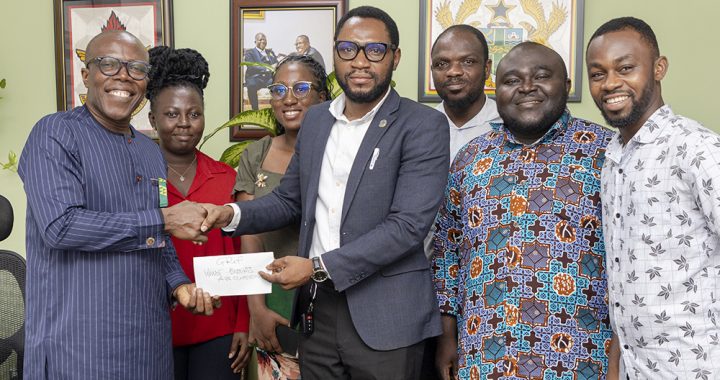 KNUST Pro Vice-Chancellor makes donation of $10,000 To GReF
KNUST Pro Vice-Chancellor makes donation of $10,000 To GReF 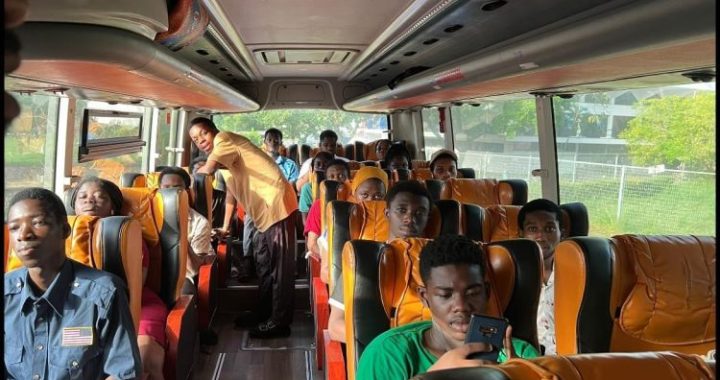 Lydia Alhassan provides free transport for UG level 100 students
Lydia Alhassan provides free transport for UG level 100 students 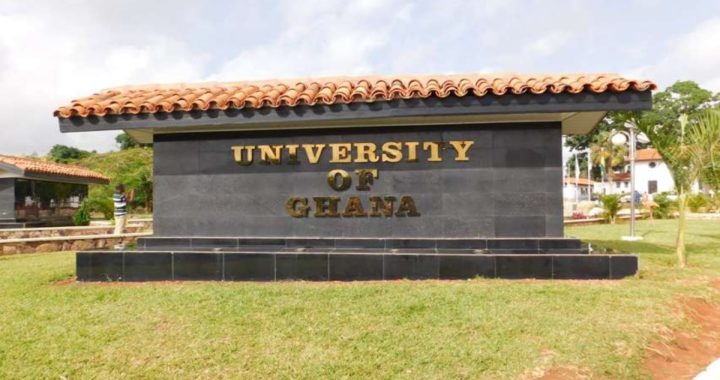 How to buy UG Admission Voucher with Momo/Shortcode
How to buy UG Admission Voucher with Momo/Shortcode 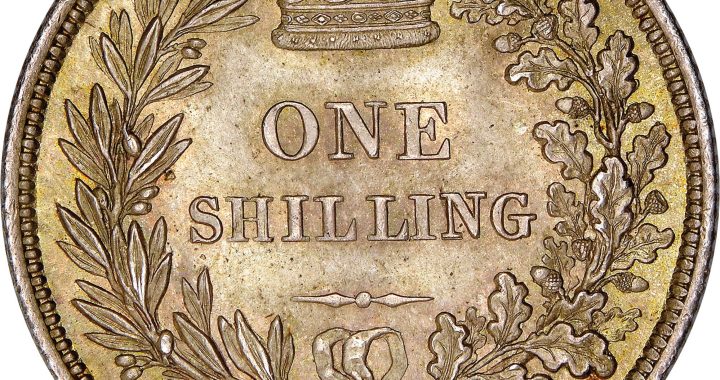 The Poll Tax Ordinance of 1852
The Poll Tax Ordinance of 1852 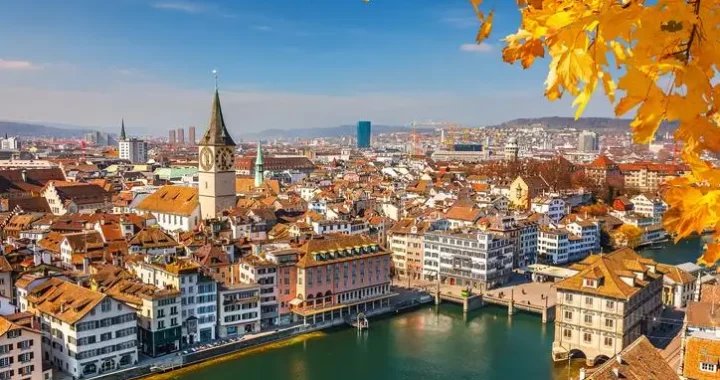 Top 5 Universities in the Netherlands for Masters Studies
Top 5 Universities in the Netherlands for Masters Studies